5 Reasons Why Electrical Repairs Are Best Left to the Experts
Electrical repairs are a critical part of maintaining a safe and functional home. Many homeowners underestimate the complexity of their electrical systems, assuming that minor issues, like a flickering light, a tripped breaker, or an outlet that doesn’t work, can be fixed easily on their own. While DIY solutions may seem convenient and cost-effective, electrical work carries serious risks. A single misstep can lead to electrical shock, property damage, or even fires, making safety a top priority. Ensuring that repairs are done correctly protects both your home and everyone who lives in it.
Beyond safety, the electrical system in a home is interconnected and highly technical. What seems like a simple problem can sometimes indicate deeper issues, from outdated wiring to overloaded circuits. Professional electricians not only have the tools and knowledge to fix the immediate problem, but they also identify hidden risks that could cause long-term damage. Relying on expert electrical services allows homeowners to gain peace of mind knowing that repairs are completed safely, efficiently, and in compliance with modern codes and standards. Discover five reasons why electrical repairs are best left to the professionals.
1. Safety Comes First
Electricity is one of the most powerful forces in your home, and even a minor misstep can have serious consequences. A seemingly small problem, like a flickering outlet or a tripped breaker, could indicate a deeper underlying issue that requires professional attention.
Attempting repairs without proper training increases the risk of electrical shock, burns, or even house fires. These hazards are not just theoretical—they happen more often than homeowners realize when DIY repairs go wrong. Safety protocols that electricians follow are designed to prevent these risks from becoming a reality.
Professional electricians undergo extensive training and certification to handle electrical systems safely. They use specialized tools and follow industry standards to ensure every repair is performed with minimal risk. By trusting electrical services to experts, you are prioritizing the safety of yourself, your family, and your property.
Additionally, experts know how to manage emergency situations safely, such as live wires or sudden surges. Their experience allows them to anticipate potential hazards that a DIY approach might overlook, providing an added layer of protection.
2. Prevent Costly Mistakes
DIY electrical work may seem like a good way to save money, but errors can quickly become expensive. Improper wiring or incorrect installation can lead to repeated outages, appliance damage, and long-term problems that require costly repairs. What may seem like a simple fix can quickly turn into a complex problem, leaving homeowners with unexpected and hefty repair bills.
Homeowners often underestimate the complexity of electrical systems, which can include hidden issues like overloaded circuits or deteriorating wires. Even small mistakes can snowball into major hazards that impact both safety and budget.
By hiring reliable electrical services, you gain access to expert troubleshooting and solutions that are long-lasting. Investing in skilled electricians from the start helps prevent the financial burden of correcting errors, replacing damaged equipment, or dealing with emergency repairs later on.
Attempting to cut costs through DIY repairs can ultimately cost far more when mistakes cause fires, damage appliances, or require multiple repair visits. Professionals also provide warranties or guarantees on their work, giving homeowners financial protection that DIY repairs cannot match.
3. Up-to-Code Compliance
Electrical codes exist to ensure both safety and consistency across homes and commercial properties. These regulations are complex, frequently updated, and vary by region, making it easy for DIY repairs to accidentally violate local laws.
Many older homes still contain systems that are outdated by modern standards. According to This Old House, fuse boxes were replaced with circuit breakers in the 1960s. Homeowners attempting to update or repair these systems themselves may not fully understand current safety requirements.
Professional electricians are trained to adhere to all relevant codes, ensuring that any repair or upgrade is legal, safe, and efficient. Hiring experts guarantees that your home remains compliant, avoiding potential fines, failed inspections, or insurance complications.
Well-done repairs can improve your home’s resale value, as buyers look for updated and code-compliant electrical systems. Ensuring compliance also prevents insurance issues if damage occurs, which is another important reason to leave repairs to the experts.
4. Access to Specialized Tools and Knowledge
Electrical repairs require more than just basic tools. Professionals have access to equipment such as voltage testers, wire strippers, circuit analyzers, and other advanced instruments that allow them to work safely and effectively.
Beyond tools, expert electricians bring years of technical knowledge to every repair. They can identify hidden issues, provide solutions for complex wiring networks, and ensure systems operate efficiently. Homeowners attempting these repairs without proper training risk missing problems that could worsen over time.
Reputable electrical services stay up-to-date on industry standards and technological advancements. From energy-efficient upgrades to smart home wiring, electricians provide solutions that not only fix the immediate problem but also enhance your home’s functionality and efficiency.
Professionals can also provide advice on future upgrades or energy-saving improvements, helping homeowners make informed decisions. Their knowledge ensures that repairs are compatible with current technology and will continue to perform reliably for years.
5. Protect Your Home and Family
Electrical issues are not just inconvenient: they can pose serious long-term dangers to your home and loved ones. Faulty wiring, power surges, and outdated systems can all increase the risk of fire, property damage, and injury. Even minor issues left unchecked can escalate quickly, turning small problems into major safety hazards.
Professional electricians provide thorough inspections and repairs, addressing both visible problems and potential hazards. Their expertise ensures that issues are resolved correctly the first time, reducing the likelihood of recurring problems.
By investing in expert electrical services, homeowners gain peace of mind knowing their property and family are protected. Reliable repairs not only solve immediate issues but also safeguard your home against future electrical risks, making the long-term investment in professionals well worth it.
Experienced electricians can educate homeowners about potential risks and preventative measures, which is especially valuable for families with children or elderly residents. Knowing your electrical system is safe allows you to focus on daily life without the constant worry of hidden hazards.
Electrical repairs are not a task to take lightly. The risks associated with DIY work, from safety hazards to costly mistakes and code violations, make hiring a professional the smartest choice for any homeowner. With access to specialized tools, technical knowledge, and experience, electricians provide efficient, reliable, and code-compliant solutions.
By relying on expert electrical services, you ensure the safety of your home, the longevity of your electrical system, and the well-being of everyone who lives there. When it comes to electricity, leaving the repairs to the experts is the only truly safe and cost-effective option.
Professional repairs can help homeowners plan for future upgrades, prevent recurring problems, and maintain insurance compliance. They offer warranties, guidance, and peace of mind that DIY efforts simply cannot provide. Taking shortcuts or attempting repairs without training can result in hazards that jeopardize your family and your property. Investing in reputable electrical repairs protects both your present safety and your long-term home value, making it an indispensable choice for every homeowner.
For reliable and safe repairs, count on the team at Ogilvie Electric, Inc. Our professional electrical services will keep your home protected and running smoothly.
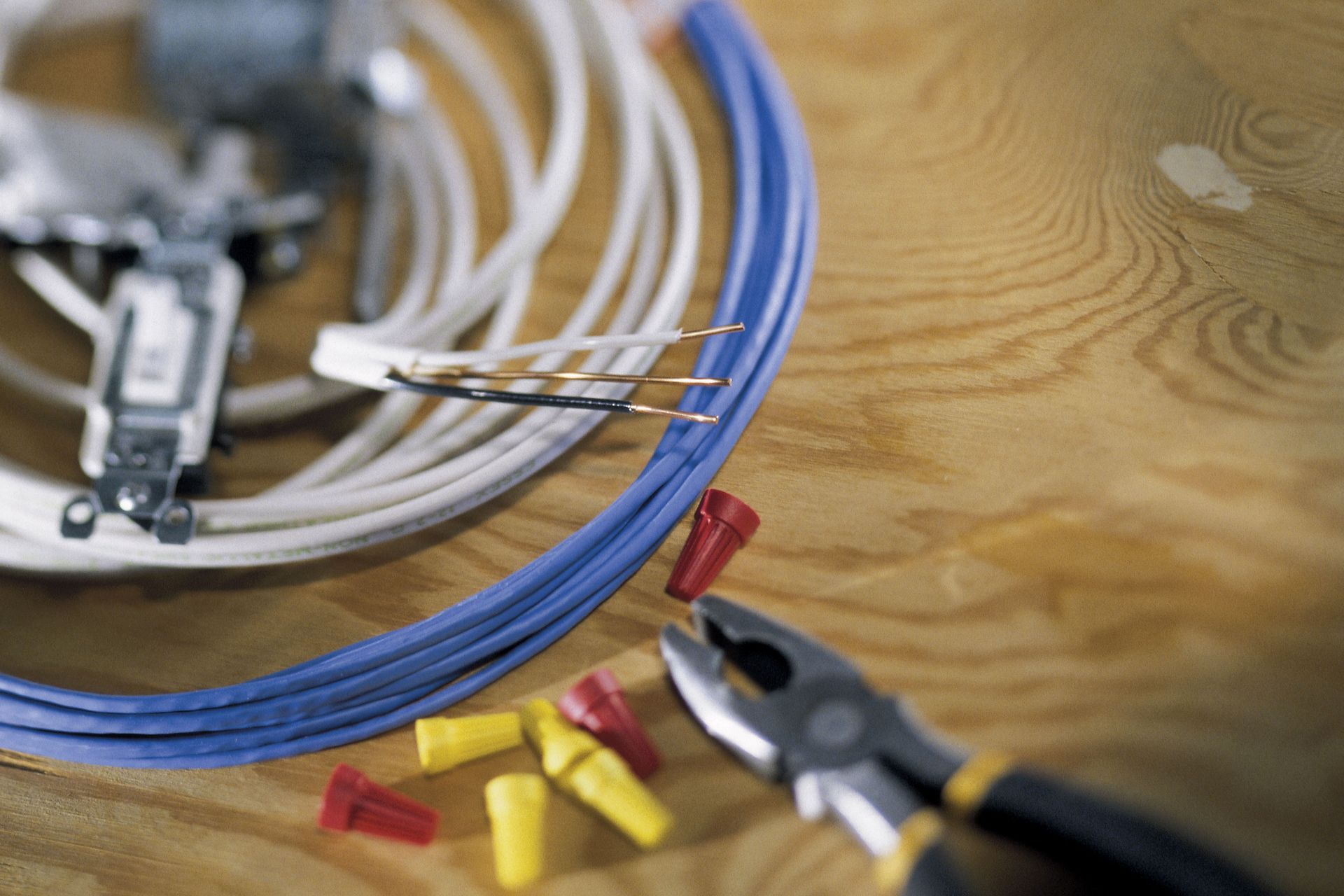
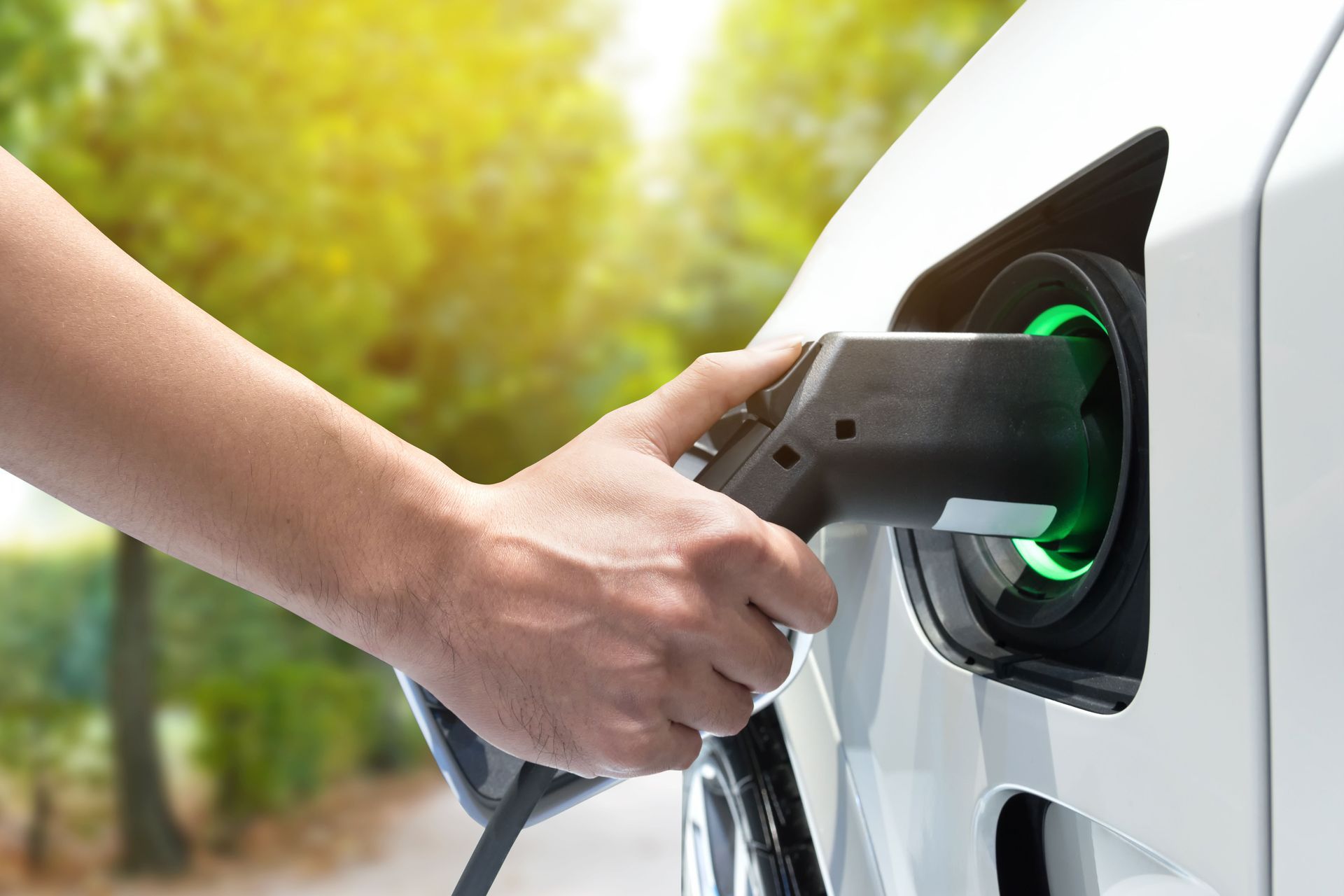
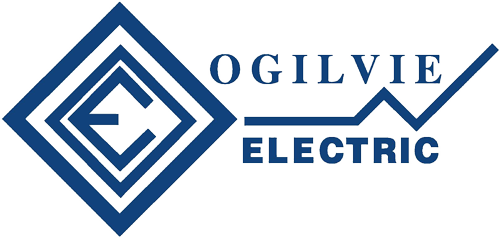
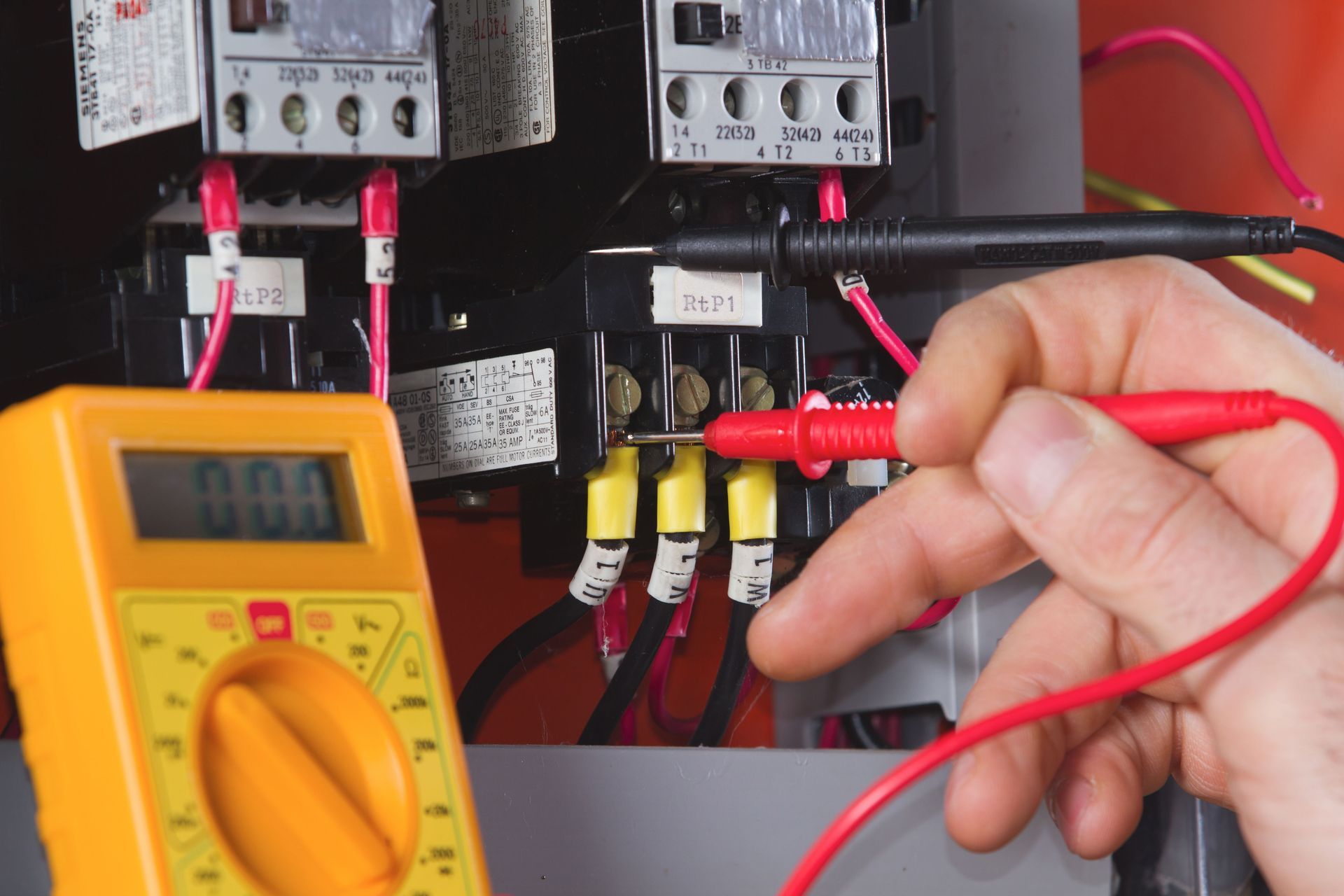
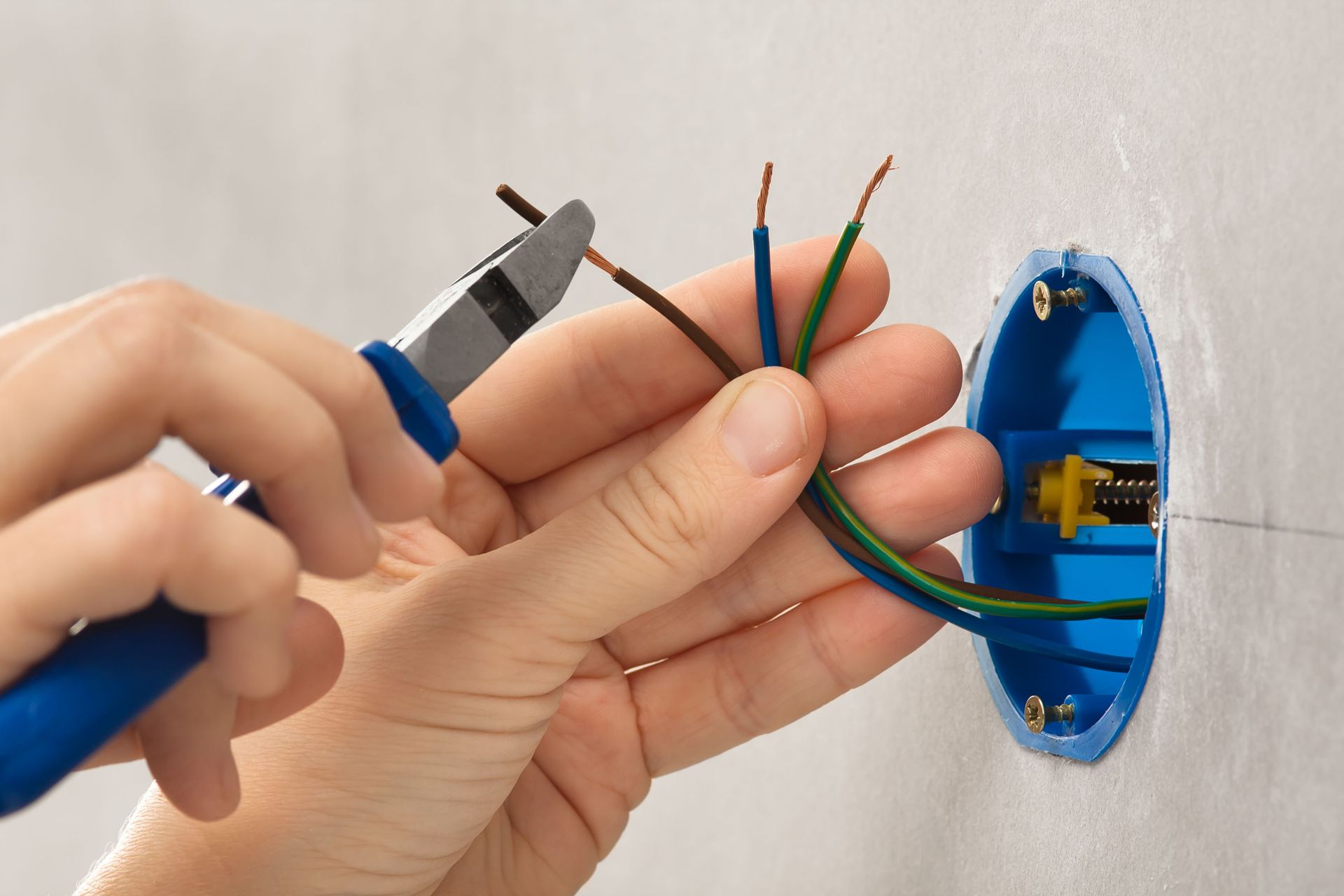
Share On: